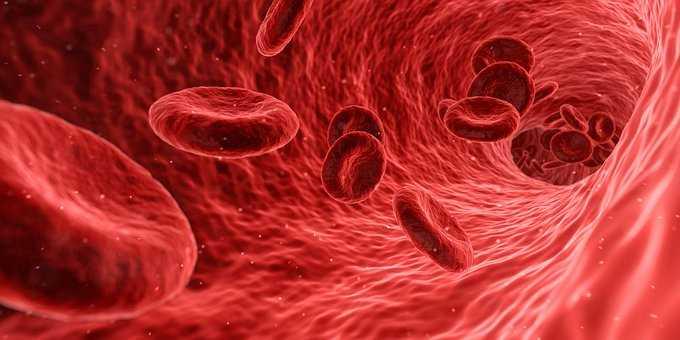Do You Know How Active and Passive Immunity Work to Keep You Healthy?
thoughtco.com
6 ideas
·1.13K reads
2
Learn more about health with this collection
The importance of practice and repetition in learning
How to stay motivated and avoid burnout while learning
How to break down complex concepts into manageable parts
Our Immunity
Immunity is defined as the set of defenses, that our bodies possess, which has the role to protect us against pathogens and to fight against infections.
66
302 reads
Active immunity
By active immunity, we generally understand the resistance that our immune system shows against pathogens.
By the so-called 'clonal selection', enough antibodies are built up in order to help our organism fight off colds or different diseases.
63
194 reads
Passive immunity
Passive immunity refers to the creation of immunity by introducing antibodies from outside the organism, such as the injection of antivenom after having been bitten by a snake.
61
213 reads
Immunity categories
There are several immunity categories:
- Nonspecific defenses: these work against all foreign matter and pathogens
- Specific defenses: these are specialized in fighting against particular threats
- Innate immunity: natural immunity that protects one from birth until death
- Acquired immunity: it is the third line of defense, which offers protection against specific types of pathogens.
67
172 reads
Active immunity features
- The need to be exposed to a pathogen or to the antigen of a pathogen, which leads to the production of antibodies
- The cells involved are of three types: T cells, B cells and anti-presenting cells
- Immunity is acquired after several exposures to the antigen
- Active immunity can last up to an entire life
- This type of immunity can cause at most some autoimmune disease and allergies, however, there are no issues generally.
65
123 reads
Passive immunity features
Among the features of passive immunity, the most known are:
- This type of immunity does not require exposure to antigen or to an infectious agent
- The response to an infectious agent is immediate
- The immunity is effective on short term
- The so-called 'serum sickness' is one of the effects of the exposure to antisera.
60
130 reads
CURATED BY
More like this
10 ideas
10 Amazing Facts About Your Immune System
everydayhealth.com
6 ideas
5 ideas
Explainer: how does the immune system learn?
theconversation.com
Read & Learn
20x Faster
without
deepstash
with
deepstash
with
deepstash
Access to 200,000+ ideas
—
Access to the mobile app
—
Unlimited idea saving & library
—
—
Unlimited history
—
—
Unlimited listening to ideas
—
—
Downloading & offline access
—
—
Personalized recommendations
—
—
Supercharge your mind with one idea per day
Enter your email and spend 1 minute every day to learn something new.
I agree to receive email updates

